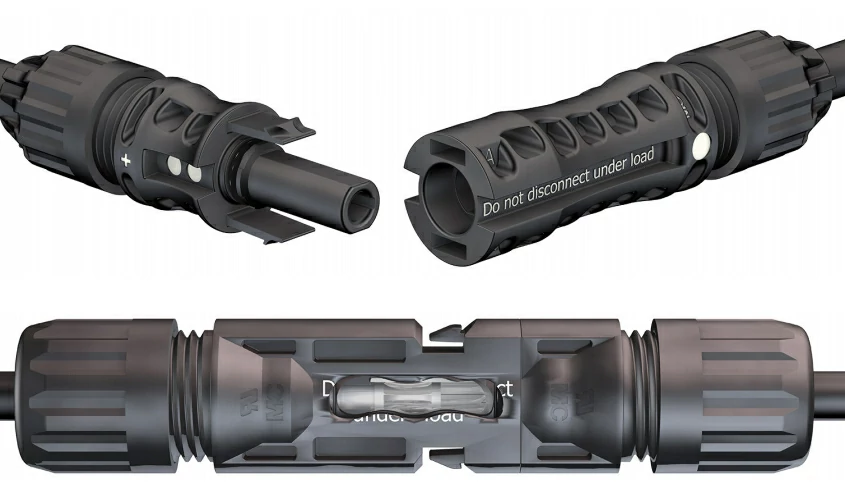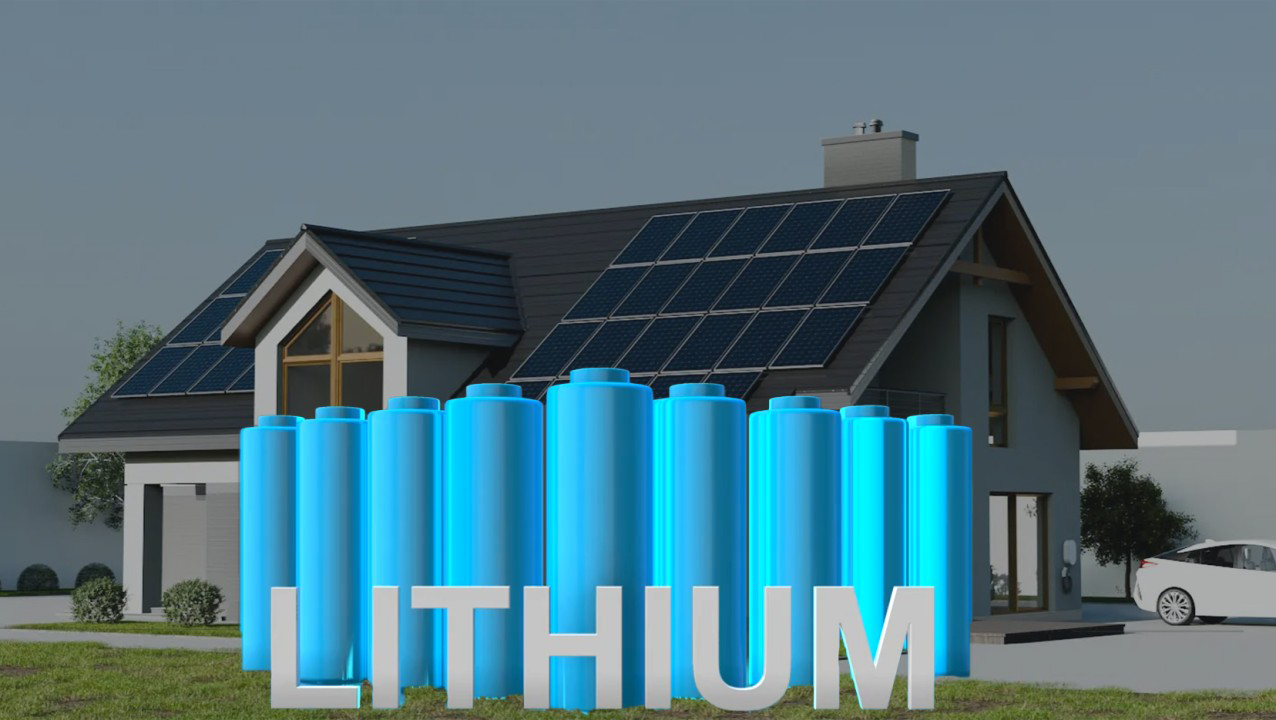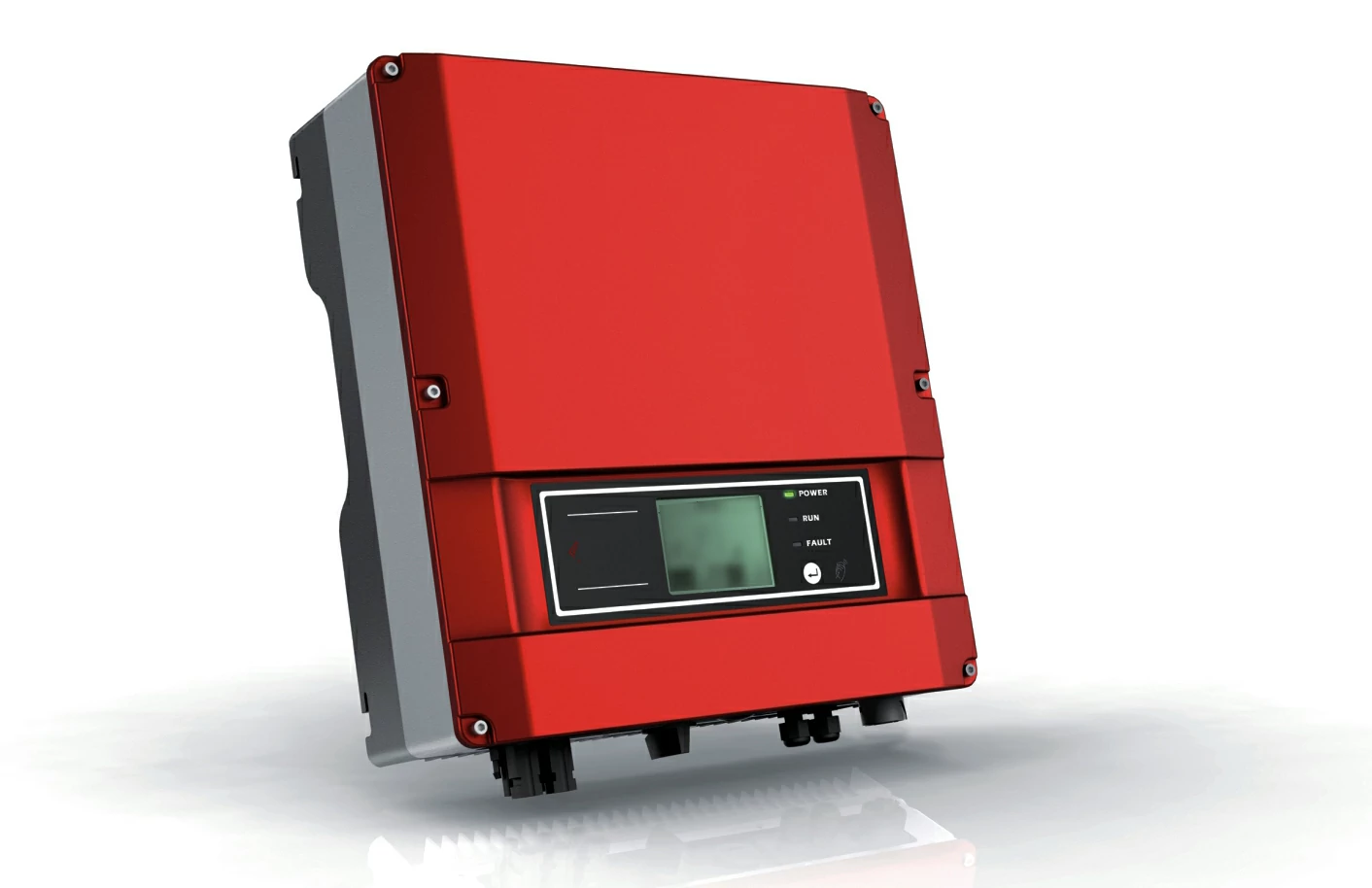Solar connector With the rapid development of global renewable energy,...
Introduction to thyristor inverters
Thyristor Inverter (Thyristor Inverter) is an important power electronic device, mainly used to convert direct current (DC) to alternating current (AC). Compared with traditional transistor inverters, thyristor inverters have higher power processing capacity and lower cost, so they are widely used in large power systems and high power applications.
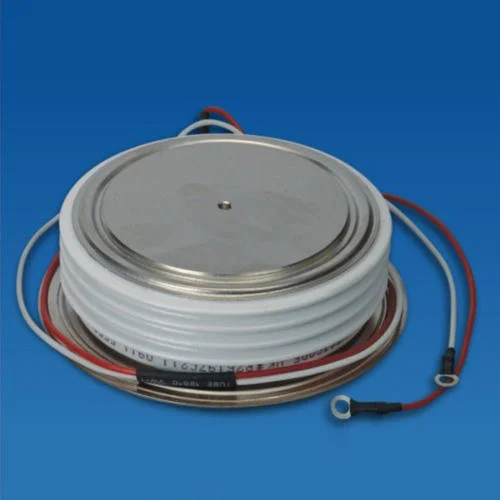
the basic principle
Thyristor is a four-layer semiconductor device with special switching characteristics, and its working principle can be briefly summarized as:
On and off: the thyristor enters the on-state under the action of the trigger signal, and automatically turns off when the load current is zero. By controlling the signal of its Gate, the switching control of the current can be achieved. This feature makes thyristors well suited for switching power applications.
Phase control: Under AC power supply, thyristors can control the size of the voltage by adjusting the trigger time, so they can be used to adjust the output voltage and power.
the working principle
The basic function of the thyristor inverter is to convert the input of the DC power supply into the output that can be used by the AC load. Its working process can be divided into the following steps:
Dc power input: The inverter is connected to a DC power source (such as a battery pack, solar panel, or rectifier) that provides steady direct current.
Control circuit: used to control the triggering of the thyristor. This part of the circuit is responsible for deciding when to apply a trigger signal to the gate of the thyristor to control its on-off and off-off.
Output waveform generation: Through the combination and control of multiple thyristors, the AC output of the required frequency and amplitude can be generated. Typical configurations include single - or three-phase inverters.
Filter: In order to improve the quality of the output current, a filter is usually added to the output end of the thyristor inverter to eliminate harmonics and high-frequency noise, making the output AC current smoother.
advantages
Thyristor inverters have a number of significant advantages in high power applications, making them the preferred solution in many industrial sectors:
High power capability: Thyristors are capable of handling high currents and voltages and are suitable for high-power applications, so they are widely used in power transmission and conversion systems.
Cost effective: Compared to other high-power semiconductor devices, the cost of thyristors is relatively low and suitable for large-scale use.
High voltage resistance: the thyristor can withstand high transient voltage and has good voltage resistance.
Thermal stability: The temperature characteristics of the thyristor are relatively stable and suitable for operation in high temperatures or harsh environments.
Adjustment performance: Thyristor inverters can adjust the output voltage and power through phase control, providing users with flexible power management solutions.
Application fields
Thyristor inverters are widely used in many fields, mainly including:
High voltage direct current (HVDC) : In HVDC systems, thyristor inverters are used to convert direct current to alternating current to facilitate the transmission and distribution of power.
Power system scheduling: As an adjustable power supply, thyristor inverters play an important role in power scheduling and load management.
Motor drive: In industry, thyristor inverters can be used to drive induction motors to improve the efficiency and control of the motor.
Welding equipment: In some arc welding equipment, thyristor inverters are used to provide a stable power supply to ensure the stability of the welding process.
Renewable energy systems: In wind and solar power generation, thyristor inverters are used to convert direct current to alternating current and improve the ability of electrical energy to connect to the grid.
conclusion
Thyristor inverter is a key technology in the field of power electronics. With its high power capacity, cost effectiveness and superior regulatory performance, it is widely used in many fields such as power transmission, industrial drive and renewable energy. With the development of power electronics technology, the performance and application of thyristor inverters will continue to improve, providing strong support for the optimization and sustainable development of modern power systems. In the future, thyristor inverters are expected to play a greater role in areas such as smart grids, new energy and electric mobility.
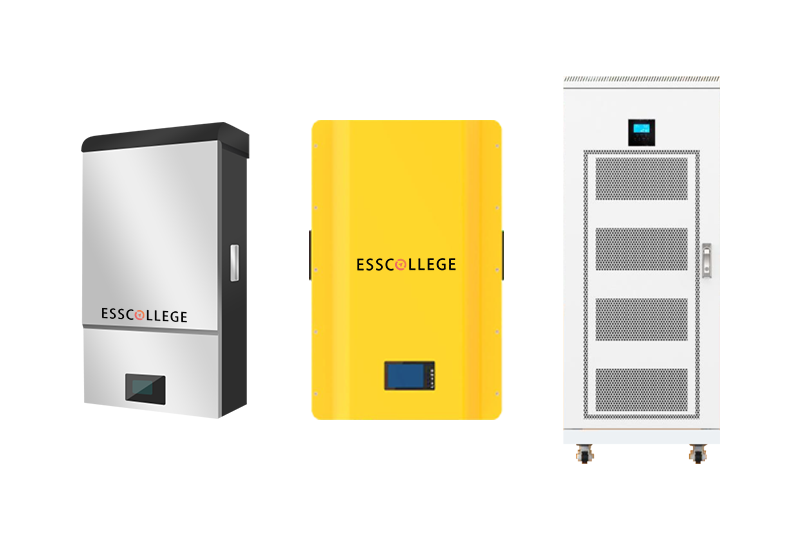
Home energy storage product series
A lithium battery pack for home energy storage systems, which is compatible with solar panels and the sun The inverter can work together with the power grid to power household appliances, and it can also be used as a For off grid systems.
Extended reading
LiFePo4 home energy storage battery
A highly integrated backup power solution for solar home energy...
THE ESSC Brand promise
Global supply
Our products sell well all over the world, covering many countries and regions, through the global logistics network, to provide customers with convenient purchasing experience.
Rigorous quality
We adhere to the highest quality control standards to ensure every product meets industry regulations and customer expectations, earning trust through consistent excellence.
Excellent service
With a customer-centric approach, we provide prompt responses, professional support, and personalized services, aiming to deliver the best user experience and long-term value.
